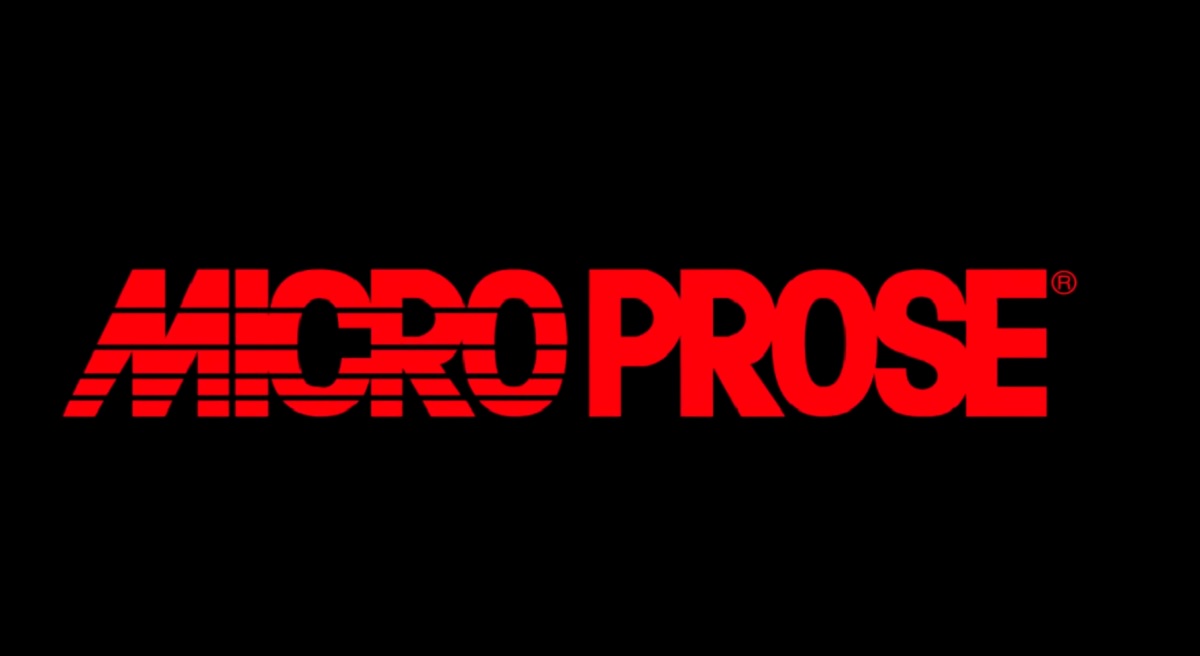I was delighted to discover that MicroProse, the military simulation game company that was once the pillar of the war game community, was reborn under the leadership of game developers David Lagettie and John “Wild Bill” Stealey.
Hoping to capitalize on nostalgia and the hole in the market left by the dearth of military strategy games, the new MicroProse has announced three games coming to Steam soon, with more on the way.

Unlock premium content and VIP community perks with GB M A X!
Join now to enjoy our free and premium membership perks.
![]()

![]()